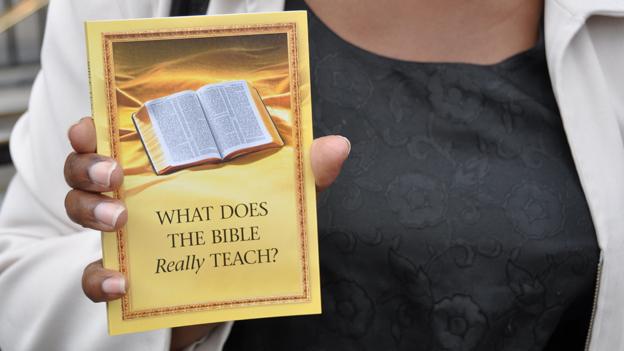Russia Jehovah's Witnesses banned after they lose appeal
- Published
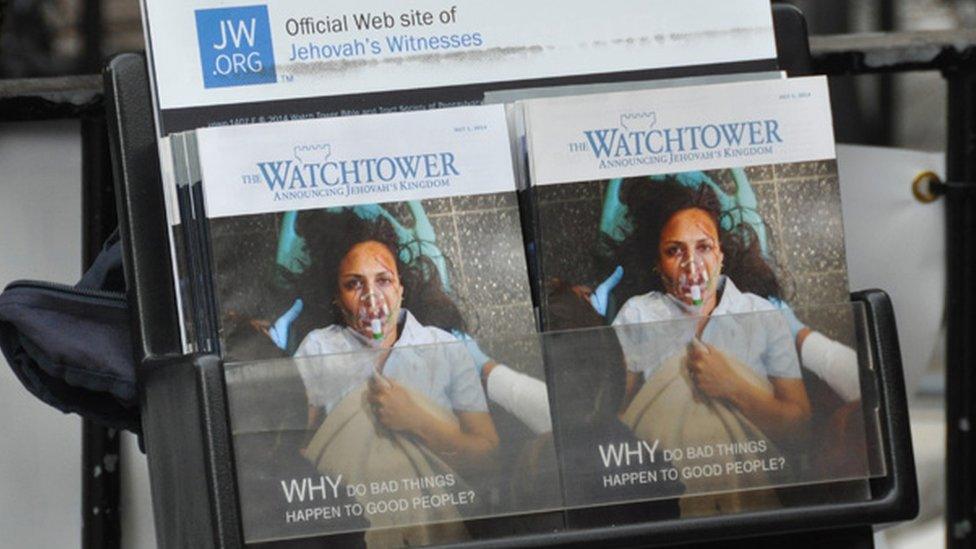
Russia's justice ministry argues that Jehovah's Witnesses pamphlets incite hatred
Russia's Supreme Court has ordered the disbanding of the Jehovah's Witnesses on Russian territory.
The ban came into effect after the court rejected an appeal by the religious group against a ruling in April which declared it to be extremist.
The justice ministry had argued that the group distributed pamphlets which incited hatred against other groups.
The group described the ruling as the end of religious freedom in Russia.
The denomination says it has 175,000 members in Russia - a country where it was persecuted during the Stalin era.
An estimated eight million people worldwide are part of the Christian-based movement, best known for going door-to-door looking for new converts.
The ruling means that the group's headquarters near St Petersburg and 395 local chapters will close.
It will be required to hand over all its properties, known as Kingdom Halls, to the Russian government.
The group's Russia spokesman, Yaroslav Sivulsky, said that "religious freedom in Russia is over".
"There were no real facts of any extremism on part of Jehovah's Witnesses. It's all about bad literature and intolerance. Now anyone who studies the Bible can be jailed," he said, quoted by Newsweek magazine.
The Russian authorities are clamping down on extremism nationwide
One pamphlet distributed by the group quoted the novelist Leo Tolstoy as describing the doctrine of the Russian Orthodox Church as superstition and sorcery.
Officials have accused the religion of destroying families, propagating hatred and endangering lives. The Church had also joined calls for a ban.
The Jehovah's Witnesses group was founded in the United States in the 19th century.
They take most of the Bible literally and refuse blood transfusions. They are not seen by traditional Christian Churches as a mainstream denomination.
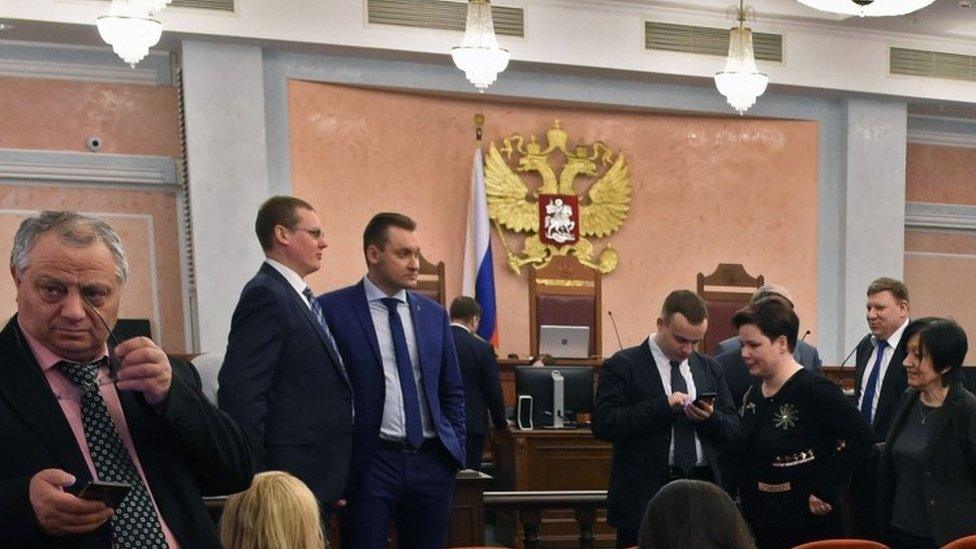
The original Supreme Court ruling came in April this year
During Joseph Stalin's reign of terror in the Soviet Union it was outlawed and thousands of members were deported to Siberia. Other Christian groups were also persecuted.
As the Soviet Union collapsed, there was a revival of Christianity in Russia and the ban on Jehovah's Witnesses was lifted in 1991. But attitudes hardened again and in 2004 it was accused of recruiting children and preventing believers from accepting medical assistance.
Human rights group Sova has argued that an "official repressive campaign" has been conducted against the movement for years and many of their members have been physically attacked.
The Jehovah's Witnesses are expected to appeal to the European Court of Human Rights, but Russia may well ignore any verdict in their favour.
- Published20 April 2017
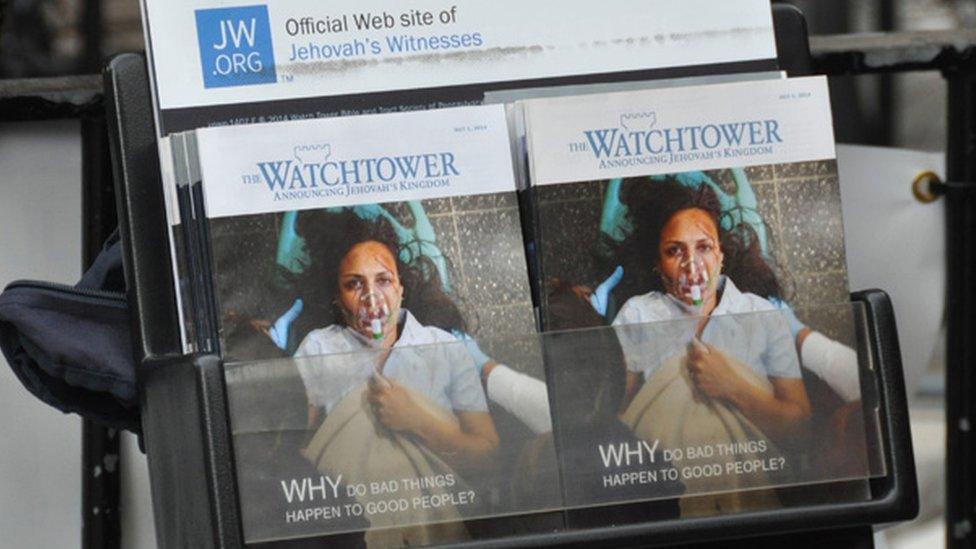
- Published19 June 2015
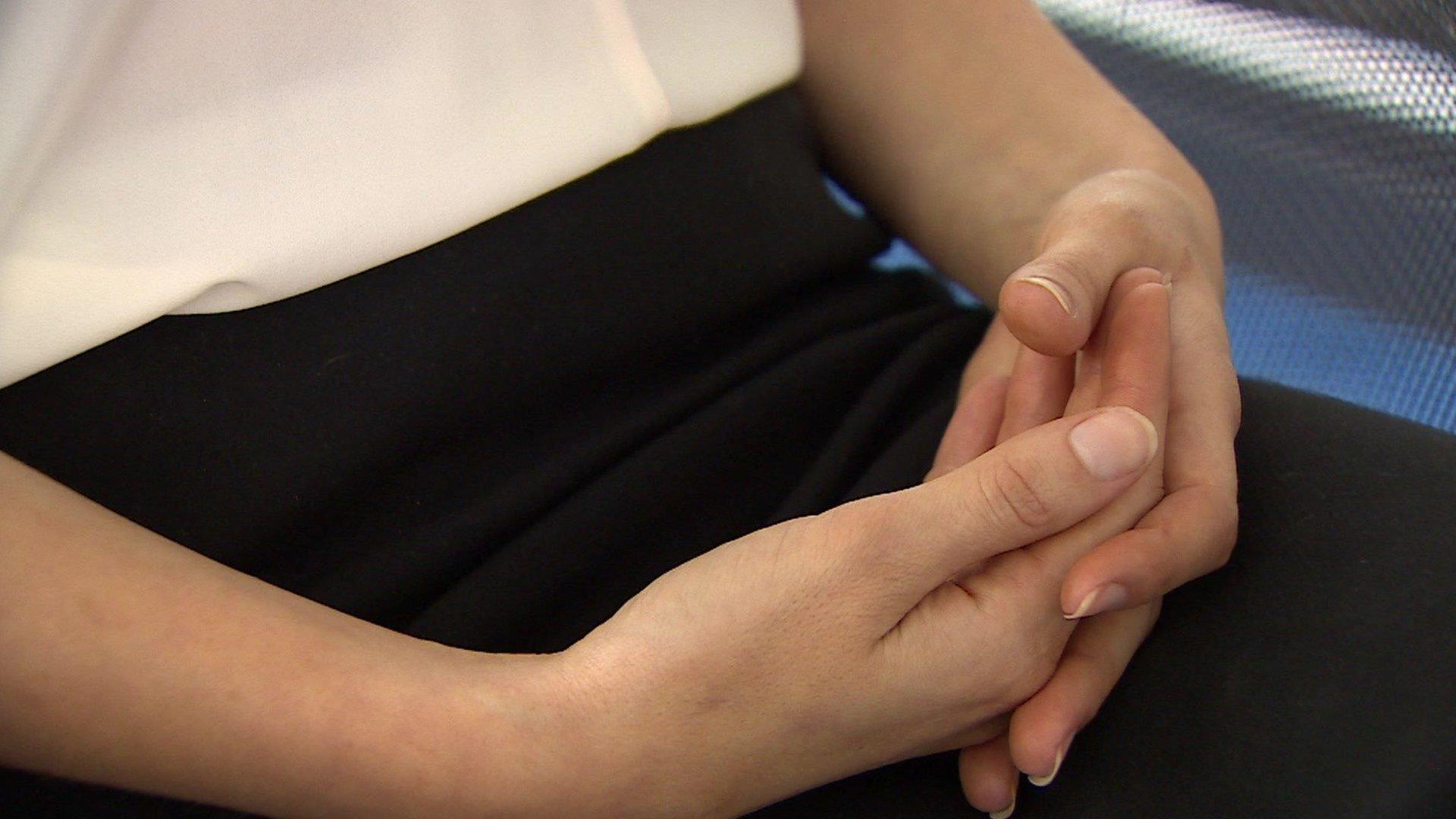
- Published22 February 2017

- Published21 August 2015
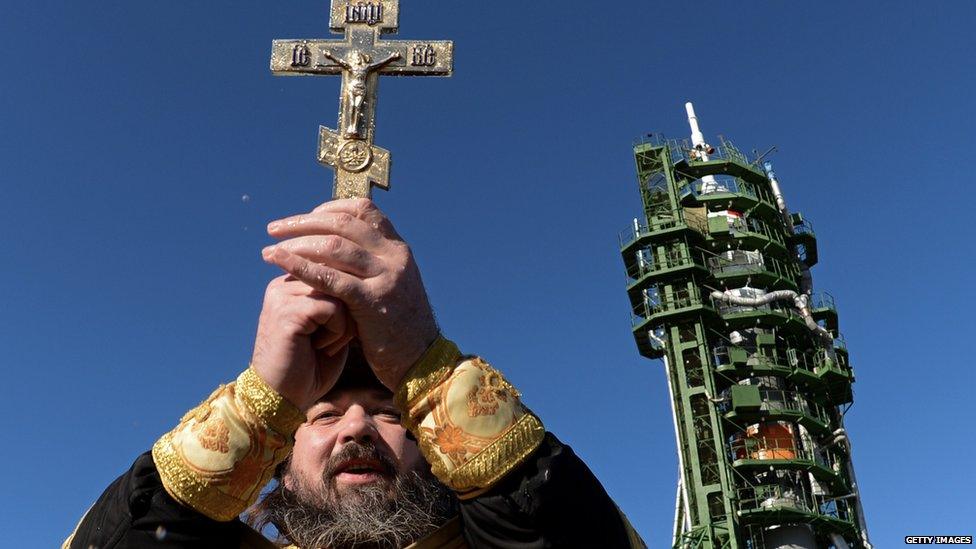
- Published24 May 2015
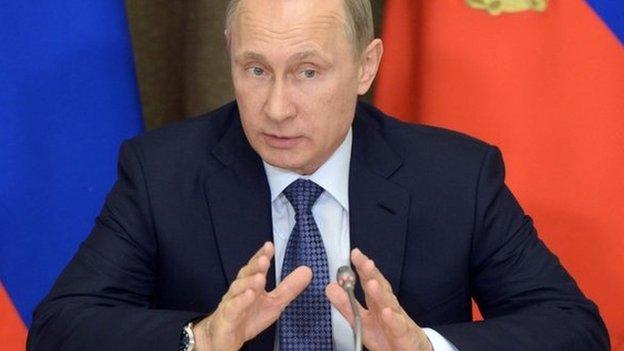
- Published8 July 2014
